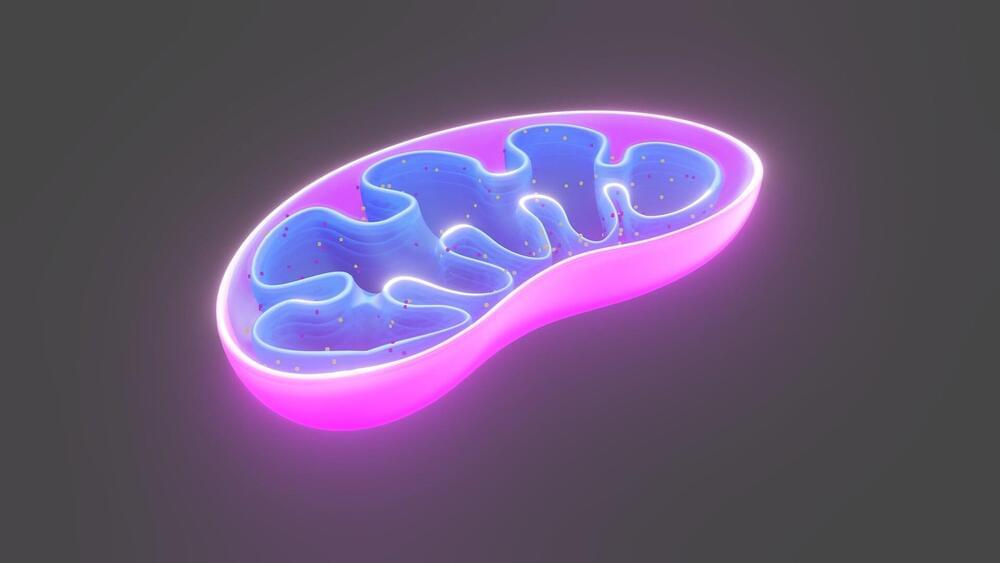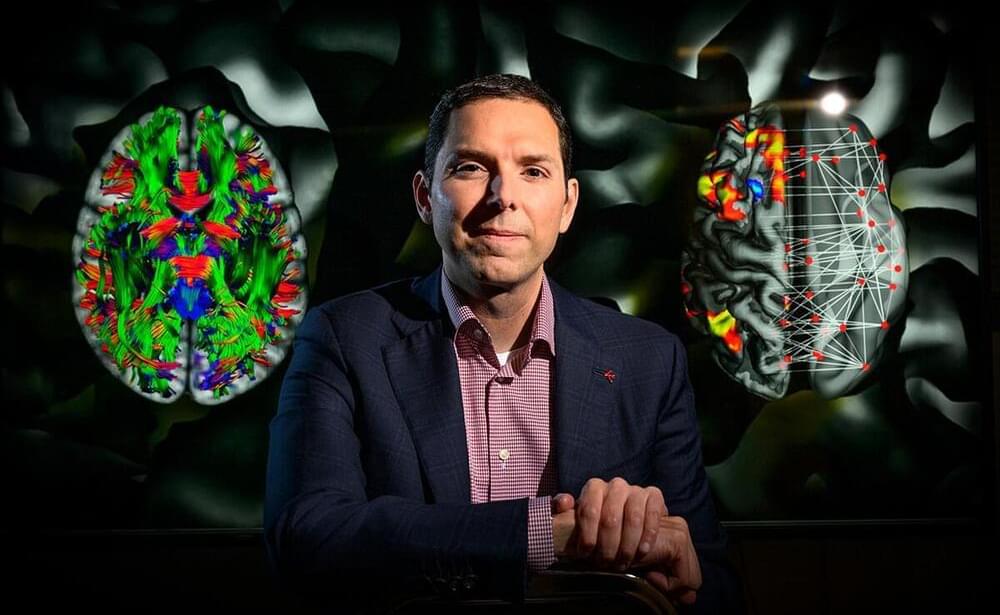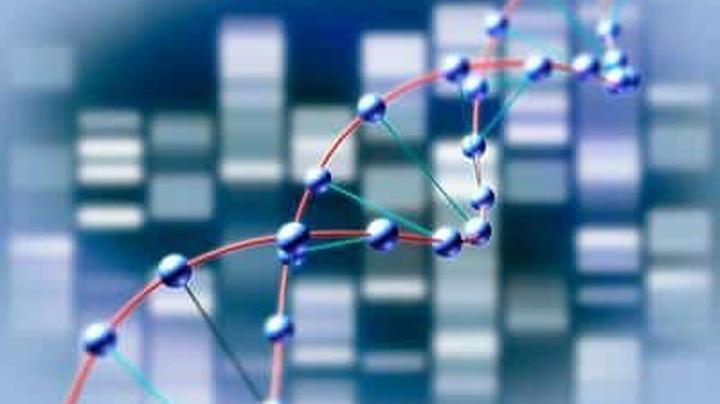Clustered regularly interspaced short palindromic repeats (CRISPR)-associated Cas9 protein is an effector that plays a major role in a prokaryotic adaptive immune system, by which invading DNA can be targeted and cut for inactivation. The Cas9 endonuclease is directed to target sites by a guide RNA (gRNA) where Cas9 can recognize specific sequences (PAMs) in foreign DNA, which then serve as an anchoring point for cleavage of the adjacent RNA-matching DNA region. Although the CRISPR-Cas9 system has been widely studied and repurposed for diverse applications (notably, genome editing), its origin and evolution remain to be elucidated. Here, we investigate the evolution of Cas9 from resurrected ancient nucleases (anCas) in extinct firmicutes species as old as 2,600 myr to the current day. Surprisingly, we demonstrate that these ancient forms were much more flexible in their PAM and gRNA scaffold requirements compared to modern day Cas9 enzymes. In addition, anCas portrays a gradual paleoenzymatic adaptation from nickase to double-strand break activity, suggesting a mechanism by which ancient CRISPR systems could propagate when harboring Cas enzymes with minimal PAMs. The oldest anCas also exhibit high levels of activity with ssDNA and ssRNA targets, resembling Cas nucleases in related system types. Finally, we illustrate editing activity of the anCas enzymes in human cells. The prediction and characterization of anCas proteins uncovers an unexpected evolutionary trajectory leading to ancient enzymes with extraordinary properties.
R. P-J., B. A-L. are co-inventors on patent application filed by CIC nanoGUNE and licenced to Integra Therapeutics S.L. relating to work in this article. A. S-M. and M.G. are co-founders of Integra Therapeutics S.L. B.P.K is an inventor on patents and/or patent applications filed by Mass General Brigham that describe genome engineering technologies. B.P.K. is a consultant for Avectas Inc., EcoR1 capital, and ElevateBio, and is an advisor to Acrigen Biosciences and Life Edit Therapeutics.






